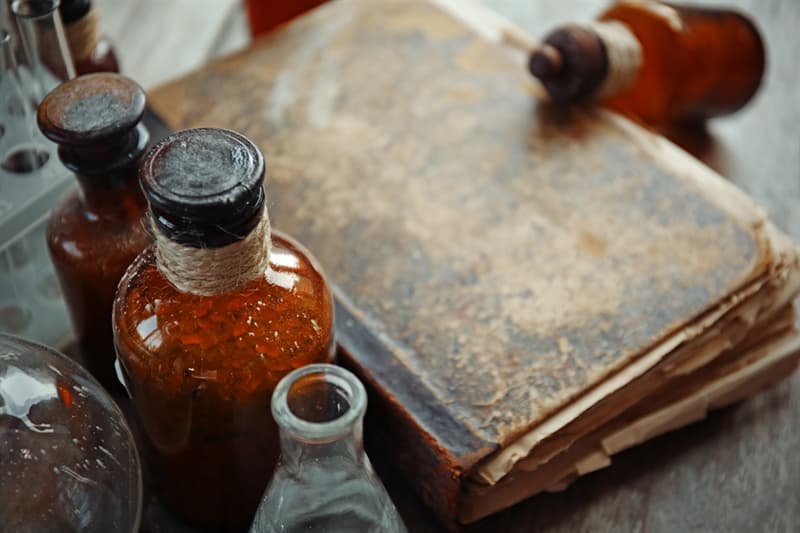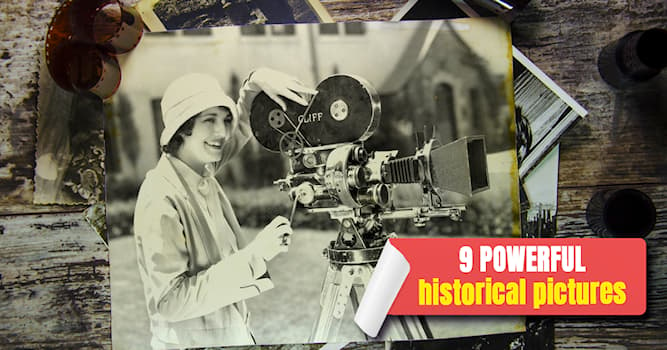How did ancient medics determine the medicinal properties of substances?

For the most part, they didn’t. At the dawn of the age of scientific medicine (the mid-19th century) there were only a handful of remedies that we would recognize today as safe and effective.
But why? Our ancestors were not dummies, and did not require scientific methods to create sophisticated and effective technologies. The Romans built what is still the largest unsupported dome structure in the world 1800 years ago. Gunpowder, in concert with metallurgical advances, steadily developed from a Taoist elixir to a city-destroying technology by the 1600s. Sailing technology created worldwide trade networks even earlier. Scientific methods would have sped the development of these technologies, but were not required. Trial and error - plus lots of time - sufficed.
Yet traditional medicines largely suck. Hundreds have now been tested in clinical trials. Few show any benefit at all, and even fewer show a benefit comparable to modern scientific medicines. There is little evidence that the remedies of 1800 CE were any more effective than the remedies of 1800 BCE. Moliere’s quip in 1673 that “More men die of their medicines than of their diseases” was very much on the mark.
This is a mystery, at least to me. Unlike other sophisticated modern technologies, such as jet aircraft or telecommunications, medicines are largely discovered rather than invented. They don’t rely on an entire edifice of previous scientific discoveries.
In fact, effective medicines sometimes come and find us. The ancient Nubians drank a beer (more like a gruel, really) fermented by Streptomyces bacteria. It was so loaded with tetracycline that their bones fluoresce under UV light. Tetracycline is a very effective broad spectrum antibiotic that can be used to treat plague, TB, diarrheal diseases, respiratory, skin and urinary tract infections. Tetracycline beer, used judiciously, could well have slashed infant mortality, leading to a Demographic Transition in Central Africa in 400 CE.
But it didn’t.
The ancients were also capable of creating, not just finding, sophisticated medicines. Bard’s Salve, resurrected from a 10th century Saxon text, is an effective remedy for wound infection in mouse models. More surprisingly, every component, and the precise process for producing it, is required in order for it to work. This is a clear example of an effective ancient medicine that answered a critical medical need. Its formulation was written down, allowing it to spread and be improved upon. Instead it was forgotten.
Why?
I’m sure there is no single answer, but I will posit this: in a Malthusian world, effective medicines were a liability, not an asset. Up until about 1800, everyone in the world, to a first approximation, was a poor subsistence farmer. Despite substantial technological advances, like the ones I described above and many others, the standard of living of the world’s population advanced not at all. Any improvement in agricultural technology, such as the horse collar and improved plough designs, led to increased food production but subsequent population increases ate up any gains in living standards.
We think of historical plagues as disasters, but they were in fact a great benefit, at least to the survivors. Life expectancy increased after the Black Death of 1350:
and so did wages:
Fewer mouths to feed and a scarcity of labor leading to increased bargaining power led to more resources per person and a more equitable distribution of those resources.
In our modern innovation-driven economy, we consider more people to be a good thing. We fret that declining birth rates will cause economic growth to stagnate. But prior to 1850, a growing population meant growing poverty. Saving lives - particularly the lives of economic sinks like small children - did not make societies stronger. This is not to say that parents did not mourn the loss of their children. They did. But societies operated under what was a reverse Tragedy of the Commons, where what was bad for the individual was good for everyone else.
I think our ancestors were perfectly capable of making effective medicines. They chose not to, not out of perversity or ignorance, but because those medicines would have caused more suffering than they prevented. Medicine was not intended to cure - its role was to provide comfort. It was a form of social support, not unlike religion. Looked at from that perspective, traditional medicines are very effective. They did exactly what their creators intended them to do. I’m not sure that we can always say the same today.
Do you think that an ill ancient person was doomed?
Цікаві факти
14 beautiful vintage pictures colorized by a talented artist
09.08.2021
від
Della Moon
This talented artist surely knows how to give new life to old black and white pictures – his works will blow your mind away!
10 magnificent architectural edifices that got lost as the modern world developed
06.07.2021
від
brian l
Today we bring you glimpses of how the world was before modernization came around.
9 incredibly old and worn out items you will find interesting
18.07.2021
від
Della Moon
There are many worn out items and antiques that people find hideous, which is not the case for the wonderful objects you're going to see in this post.
9 fascinating facts about Vikings
09.07.2021
від
Della Moon
From their customs to their conquests, there’s a lot to learn about Vikings. Here are just a few fun facts you never knew before.
9 photos that depict history vividly
21.07.2021
від
Della Moon
These captivating historical pictures will definitely leave you stunned!
















